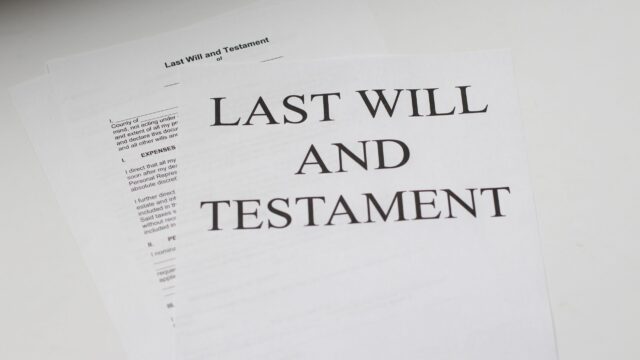A trust is a great way to ensure that your desired beneficiaries remain financially supported by you, even in the months and years following your unfortunate passing. Follow along to find out what money and other assets you can transfer into your trust and how a proficient Putnam County trusts attorney at The Law Office of Andres D. Gil, PLLC can guide you in your financial strategy.
What money and other assets can I transfer into my trust?
In the terms of your trust, you may grant your beneficiaries access to any cash you have left on hand and/or in your safety deposit box effective on the date of your unfortunate passing. What’s more, you may also incorporate the money held in your checking account, savings account, and/or money market account. Additional assets that you may use to fund your trust are as follows:
- Your vehicle or vehicles.
- Your real estate property or properties.
- Your ownership interests in a business or businesses.
- Your non-retirement investment accounts and brokerage accounts.
- Your high-value collectible items (i.e., artwork, antiques, jewelry, etc).
- Your intellectual property rights (i.e., patents, trademarks, copyrights, etc).
Importantly, there is not necessarily a limit to how much money and how many assets you may transfer into your trust. However, when doing so, you must remain mindful of the annual gift tax exemption. That is, you may only reap the benefits of gift and estate tax immunities that a trust offers if you fall below the enforced limit. As of 2024, federal law holds that the exclusion for gifts is set at $18,000 per recipient per year.
Is it possible to place money and other assets into my will?
Technically speaking, you do not place money and other assets into a will. Rather, a will is simply an estate planning document that discloses where you have money and other assets set aside and who is to inherit them on the date of your unfortunate passing. This differs from a trust, which is essentially an estate planning tool that holds your money and other assets even during your lifetime.
For this reason alone, a trust is commonly preferred over a will. This is because the ability to transfer your money and other assets reduces the value of your overall estate. Thereby, this reduces or altogether eliminates your estate tax obligations. In New York State, the first $500,000 of your estate may be subject to taxes starting at 3.06 percent. This is not to mention the other advantages a trust has over a will, such as its ability to avoid the lengthy and public probate process, among other things.
In conclusion, you require the services of a talented Putnam County estate planning attorney when placing funds in your trust. So please schedule an initial consultation with us at The Law Office of Andres D. Gil, PLLC today.
 ?>
?>

